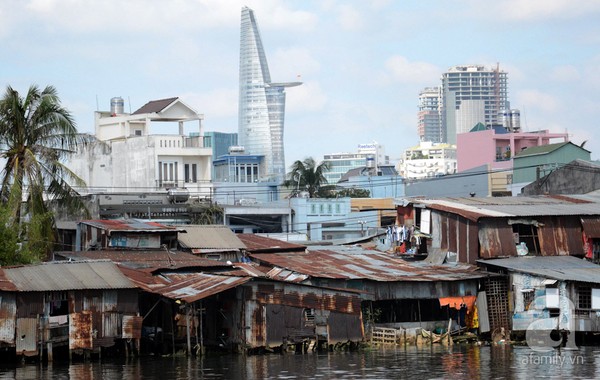Teaching Philosophy
My experiences as both a teacher and a student have taught me that the most important aspects of a political science education are those that promote active and engaged citizenship. Through understanding the processes involved in governance and politics throughout the world, I try to introduce the questions that will allow students to systematically develop their political identities as citizens.
(Pictured with my colleague, Julius Nukpeza, upon winning awards as Outstanding Professors of the Year, as voted on by students, in April 2018)
Introduction to Comparative Politics
Comparative politics is a field in political science that is committed to the study of both similarities and differences between states or regime types, throughout time. By comparing countries, we are able to gain insight into the “big questions” of politics, such as: Where do democracies emerge and what makes them successful? Why do some countries seem to struggle with protracted conflict while others are relatively peaceful? This class will proceed with weekly readings, with each week covering a different substantive topic. We will read both a book chapter, and a work of scholarship from a journal or a book to help illustrate the broad themes. In this course, students will be evaluated based on several assignments both within and outside of class. Additionally, you will have a final exam and a final paper.
African Politics
This course aims to give students a broad historical and contemporary grounding in African Politics. Although primarily focused on the politics and events of the last twenty years, the first third of the course deals with the pre-colonial, colonial and independence eras of politics in Africa to ground discussions. In addition to giving a broad survey of politics on the continent, this class focuses on the diversity of politics on the continent through the use of case studies. Students contribute to this by becoming experts on particular cases of relevance and serving as discussants on those cases. Topics we will cover include: Democratization, Economic Development, Identity Politics, State Strength and International Cooperation.
Politics in the
Developing World
In the years following WWII, with the decolonization of large swaths of Africa and Asia, the number of states in the world grew dramatically. At present, there are 193 member states in the United Nations. Taken together, the “developing” world (Africa, Asia, Latin America and the Middle East) account for almost 2/3rds of the total human population. Variously called the “developing world,” “global South,” “Third World,” and “post-colonial world” these countries demonstrate a startling diversity of economic, political and social characteristics. In this course, we will examine the politics of these post-colonial nations, taking into account the various historical and contemporary challenges faced by post-colonial nations, including issues of gender and ethnic politics, state strength, economic development, democratization, environmental issues and human rights.
Nationalism
Nationalism is a force that has been blamed for some of the worst political violence in the twentieth century, like Nazism and genocide, as well as some of the great political achievements of that same time period, like decolonization. So what is nationalism? Where and when did nationalism emerge? What does nationalism create, and what does it destroy? Each week of our time together we will explore a number of different themes and questions related to nationalism studies. Broadly speaking, this class will be divided into three sections. The first, which will comprise the first three weeks, will investigate the definitions and origins of nations and nationalism. The second section will look at what nations do. This section will engage with the various modes through which nations are built and consolidated. The third unit will look at how nations interact with one another, through conflict and cooperation.




